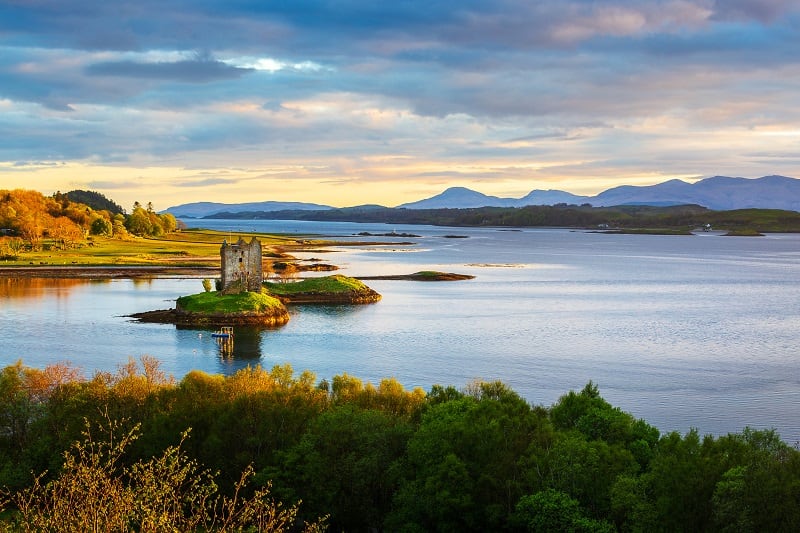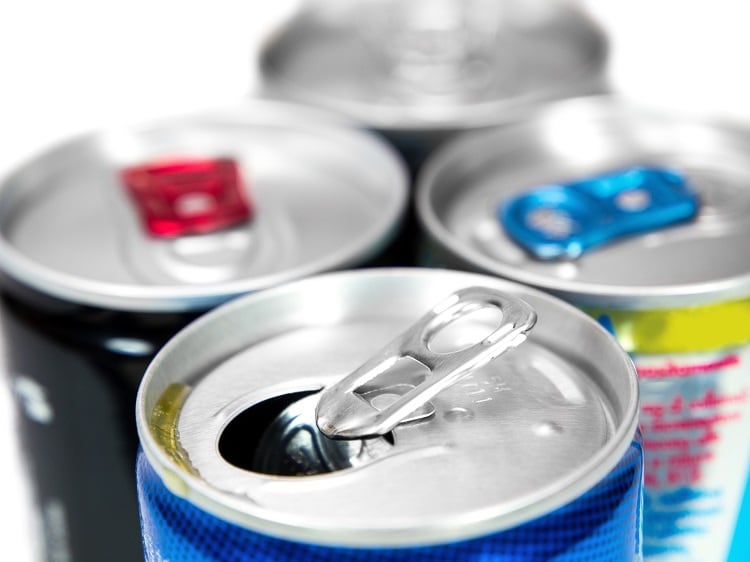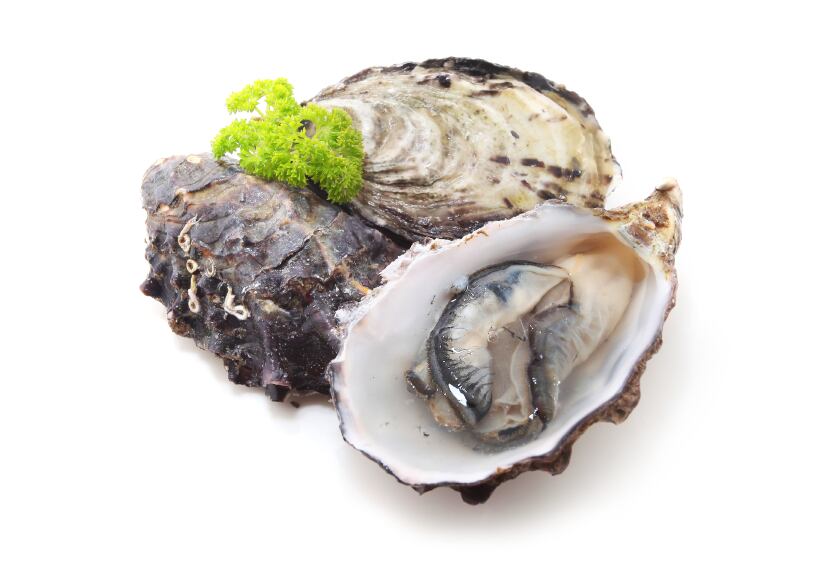Scotland will legislate to restrict HFSS (high in fat, salt and sugar) food and drink promotions, it has confirmed. Announcing the Scottish government’s legislative programme for the year ahead, First Minister Nicola Sturgeon said: “We are also continuing our work to restrict the promotion and marketing of food and drink high in fat, sugar or salt and will bring forward a Bill on Restricting Foods Promotions in next year’s legislative programme.”
Ross Finnie, Chair of Food Standards Scotland, welcomed the news. “Food Standards Scotland recognises the importance and challenge of tackling obesity and poor diet in Scotland. The Scottish Government announcement today to introduce a Bill targeting the promotion of food high in fat, sugar and salt is much needed to help address this critical public health issue.
“As much as 50% of the sugar, 20% of calories and 20% of fat in our diets come from ‘discretionary’ snacks and drinks such as sweets, chocolate, cakes, crisps and sugary drinks. Given that two-thirds of us are either overweight or obese, it is absolutely right that transformational measures such as those proposed in this Bill are taken forward as a priority to help us improve the standards of food available to people in Scotland.”
Action on Sugar also commended the move and urged Scotland’s actions to be mirrored by the national Westminster government. "We applaud Nicola Sturgeon's announcement that she will be putting unhealthy food in the spotlight and legislating to restrict HFSS food and drink promotions, and urge our government to follow suit,” said campaign director Katharine Jenner. “The current UK regulations have major loopholes allowing aggressive advertising and promotions to cast unhealthy options in a starring role in children’s minds, leaving healthier food options in the background. To set the stage for good health, it is vital that only non-HFSS foods and drinks can be marketed and promoted, including in-store price promotions and sweets at the checkouts."
Scotland outlines its Good Food Nation vision
The Scottish government’s programme included the Good Food Nation bill, which provides a statutory framework for the country’s efforts to promote healthier and more sustainable local produce. “Scotland’s international reputation for quality food and drink isn’t always reflected in our diet,” said Sturgeon.
The bill aims to produce public guidance on sustainable, climate-friendly, healthy diets. The government wants to put food at the heart of its drive to improve public health. It aims to make drastic improvements to school meals by next autumn by setting maximum limits for the consumption of red processed meat; increasing the amount of fruit and vegetables served; reducing the amount of sugar available; and encouraging the use of fresh local produce.
Its Food for Life programme targets to promote more local sourcing through public sector contracts and aims to have more Scottish produce to be served in schools, colleges and universities, hospitals, care settings and prisons; including organic food.
The £1 million Good Food Futures programme, meanwhile, aims to give more school children from more communities the opportunity to visit and learn about farms, as well as providing an end-to-end approach to food education, including healthy cooking lessons, putting more locally-produced healthy food on school menus and encouraging young people to consider a career in the food and drink sector.
“We will expand the programme further and work with business, the public and the third sector to develop guidance so that more people are encouraged to eat more locally-produced, sustainable and healthy food that supports our aims to tackle climate change,” said the government’s document outlining its legislative programme.
“The food and drink industry is a vital part of Scotland's economy and of rural and island communities across the country. We are working towards a Scotland where people benefit from and take pride and pleasure in the food we produce, buy, cook, serve and eat every day.”
‘Scotland has an unrivalled natural larder’
The food and drink sector is the second largest contributor to Scotland's economy, with turnover reaching a record £14.8 billion in 2018. Export of food and drink is particularly important to the economy, with turnover reaching a record £6.3 billion in 2018. Exports in whisky and farmed salmon, the country’s two most significant products economically, continue to grow in 2019, according to the government, which said it will establish a Ministerial working group to co-ordinate action across government to acknowledge the ongoing importance of food to economy and society.
This year, the Scottish government launched Phase 2 of its Food and Drink Export Plan, backed by £4.5 million of funding of which £2.7 million comes directly from Scottish Government. This funding aims to help Scottish food and drink companies develop new products and take them into new and existing markets.
In the coming year, the government said it will “maximise opportunities to showcase and promote Scottish food and drink internationally and to the UK market”.
This will see it:
- create a Food and Drink Academy to support around 20 businesses with high growth potential, providing targeted support and advice and offering a range of cross-sector products to fast-track growth
- continue to promote food tourism in the country. It will invest a further £1 million in forest tourism in the south of Scotland by 2021
- launch a new food and drink e-commerce platform for Scottish suppliers to showcase and sell their products in international markets
- continue to roll out its Regional Food Fund which has supported 78 projects over the last year
- enhance its Food to Go scheme to allow more small and independent food retail businesses to invest in equipment and activity that allows them to provide fresh, healthy food products, locally produced and sourced food. This also contributes to reduced food waste and improved environmental efficiency.
- launch a Beef Sector Plan and work with industry to develop a Poultry Sector Plan, with a Scottish quality mark for poultry to drive growth.
- encourage new Protected Geographical Indications (PGIs) applications. Ayrshire Earlies potatoes gained PGI status in July and new applications have been prepared for Hebridean Native Salmon, Forfar Bridies and Wild Venison.
- continue to support Scotland's Aquaculture Innovation Centre to drive investment in innovation and research and development in new technologies and equipment.
“Our landscape and climate mean Scotland has an unrivalled natural larder and we will seek to strengthen our reputation as a producer of high quality food,” added the government.
“The provenance of Scotland's food and drink products generates a unique premium for producers which we must work collectively to protect.”




